Paris, 20 Dzulqa’dah 1437/23 August 2016 (MINA) – Behind a wire-mesh fence embedded in weeds, in the northern Paris suburb of Gennevilliers, stand a cluster of terracotta-coloured buildings and a row of tents.
This is the site of the El Houda Association Mosque, raided and closed down less than a fortnight after the jihadist attacks on Paris last November, which triggered a state of emergency across France.
The reason was its alleged links to militant Islamist groups, bbc.com quoted the authorities as saying.
For Mohammed, a local resident who worshipped there, the mosque was unremarkable.
Also Read: Pro-Palestinian Groups Call for Protests Ahead of Israeli President’s Visit to UK
“I’m a practising Muslim and I always come here and I’ve never seen anything strange. Closing spaces for the Muslim faith is not the right way,” he says.
El Houda was one of around 20 mosques closed down in the name of national security. That move has forced many of France’s Muslims – a diverse community estimated to be close to five million – into a period of deep introspection.
Many French Muslims resent the idea that violent acts of terrorism have been carried out in their name by jihadist groups such as so-called Islamic State.
But they also object to the sense that they are having to justify themselves, in a country that prides itself on a strong secular tradition and the principles of Liberty, Equality and Fraternity.
Also Read: Finland’s Main Opposition Urges Government to Recognize Palestine
The French Council of the Muslim Faith (CFCM), which acts as a bridge with the French government, is planning to create a foundation to oversee the vetting of imams and the funding of the mosques in which they preach.
“The idea would be to examine the theological path that imams have taken,” says its president, Anouar Kbibech, “to encourage them to study and sign a charter which promotes an open Islam, a tolerant Islam and an Islam that respects the values of the French Republic”.
Rising tide of Islamohobia
A recent report by a Senate committee in France found that, out of 2,500 mosques, 120 were Salafist, preaching a fundamentalist form of Sunni Islam.
Also Read: Spain Bans Ships and Planes Carrying Weapons for Israel
However, Marwan Muhammed, director of the Collective against Islamophobia, insists that does not equate to a jihadist threat.
“The authorities need to stop chasing people for being Muslim, for having a beard or for being religiously involved. This is not a sign of risk. This is a sign of religiosity.”
The senators found that 20 mosques received foreign funding, mainly from Turkey, Algeria, Morocco and, to a lesser extent, Saudi Arabia. The concern is not that overseas patrons are directly promoting violence, but that these mosques or prayer rooms create a highly politicised atmosphere, in which violence may be considered a tool for disseminating Islam.
For that reason a new foundation to accredit imams and monitor finance is being considered.
Also Read: Tens of Thousands Rally in Brussels to Show Solidarity with Gaza
But some accuse the CFCM of pandering to the government’s demands.
“We have very strong legislation on financial transactions and money laundering. So the existing legislation allows for the authorities to look into any suspicious transaction,” argues Marwan Muhammed.
A Frenchman of Moroccan descent, he worries about what he sees as a rising tide of Islamophobia in France, exacerbated by the prospect of presidential elections next year.
He, like others, is worried the French government may in effect hijack any attempts by the Muslim community to become more open about their internal affairs. (T/R07/R01)
Also Read: European Commission Vice President: Israel’s War in Gaza Is Genocide
Mi’raj Islamic News Agency (MINA)
Also Read: Italian Dockworkers Threaten Port Shutdown Over Gaza Flotilla Seizure





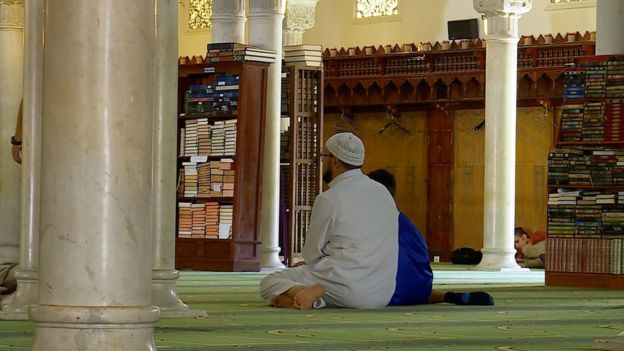

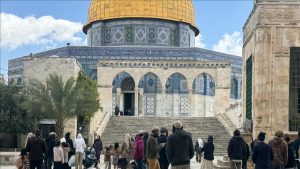

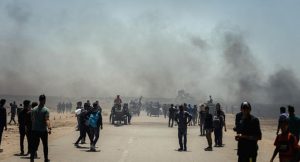
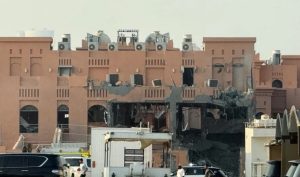

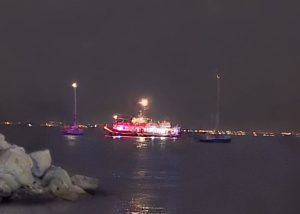



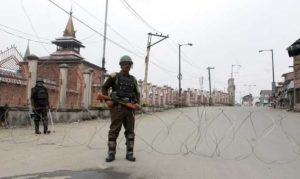
![French President Emmanuel Macron in Berlin, Germany on March 15, 2024 [Halil Sağırkaya – Anadolu Agency]](https://en.minanews.net/wp-content/uploads/2024/10/Screenshot_2024-10-22-20-57-45-59_40deb401b9ffe8e1df2f1cc5ba480b12-300x193.jpg)
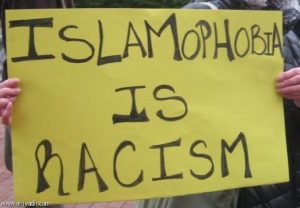
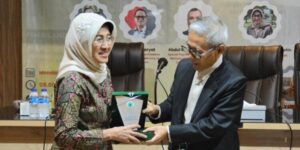
















 Mina Indonesia
Mina Indonesia Mina Arabic
Mina Arabic